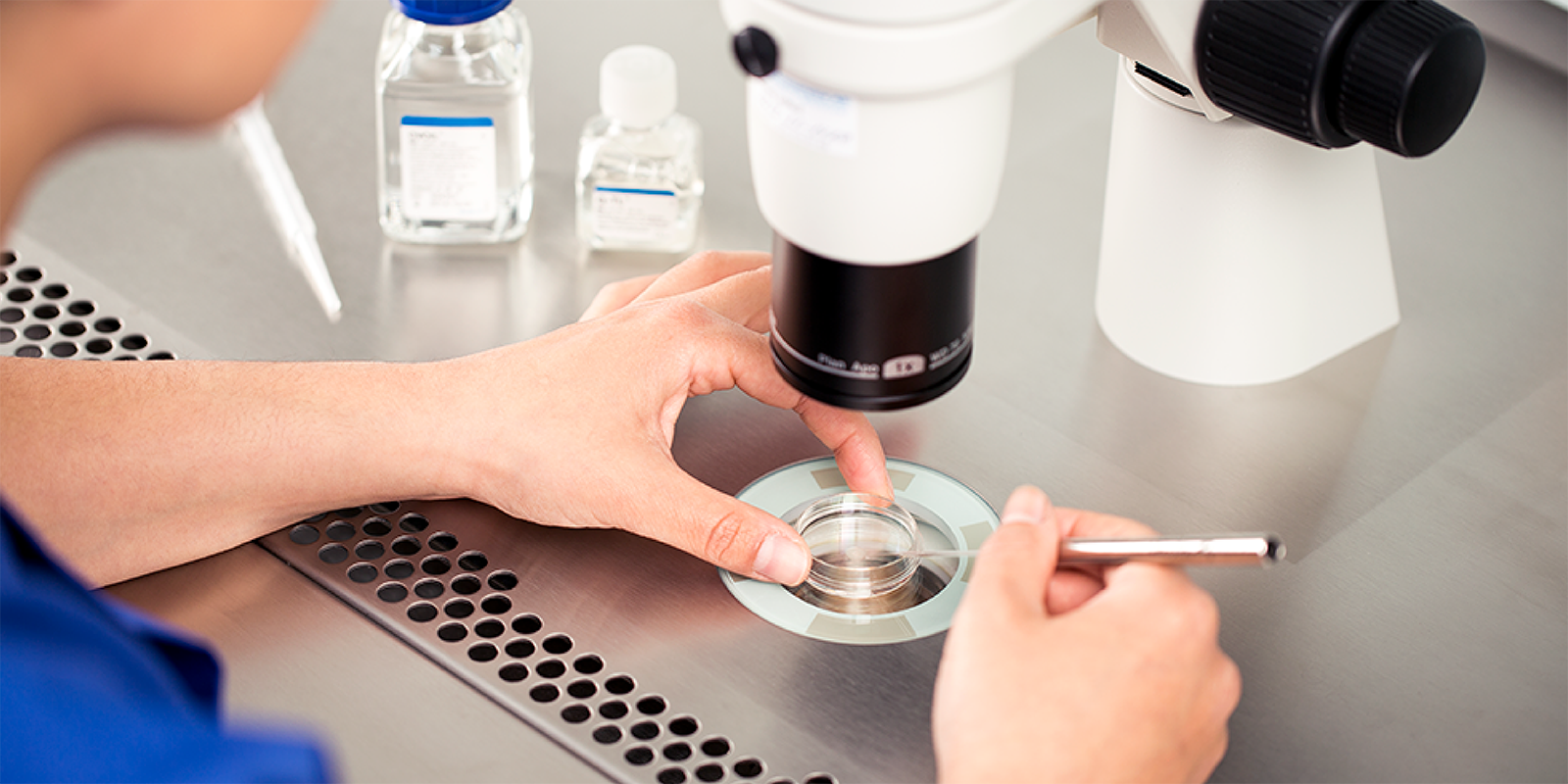What has lactate (aka lactic acid) got to do with embryos? Most people are familiar with this carboxylic acid only in the context of it as the end product of glucose use through glycolysis that builds up in your muscles when you exercise at the gym! Well, it transpires that lactate is actually a key regulator of embryo function, with new roles emerging as our understanding of cell physiology increases. In other words, it is far more important than we originally thought.
Prof. David K Gardner
David has provided the IVF community with ground breaking research on embryo physiology, cryopreservation and culture conditions for over 30 years. When not lecturing around the world, he can be found at the University of Melbourne.
Amino Acids and ART
By Prof. David K Gardner, Nov 15, 2019
For most people, amino acids are synonymous with protein and DNA synthesis and their ability to act as substrates for energy production, and relatively little else. Over the past two decades however we have developed a very different appreciation for amino acids and the highly diverse roles they play in regulating embryo physiology. Here their functions (beyond body building!) are considered, and how their supplementation to embryo culture media has contributed significantly to the increase in IVF success rates worldwide.
20 years on – Reflections on Hyaluronan
By Prof. David K Gardner, Jun 3, 2019
It has been 20 years since my team first published on the effects of hyaluronan (also known as hyaluronic acid) on preimplantation embryo culture and transfer1, and so this is a poignant time to reflect on the role of this remarkable macromolecule in assisted reproduction.
Oxygen: Dr Jekyll or Mr Hyde?
By Prof. David K Gardner, Dec 20, 2016



